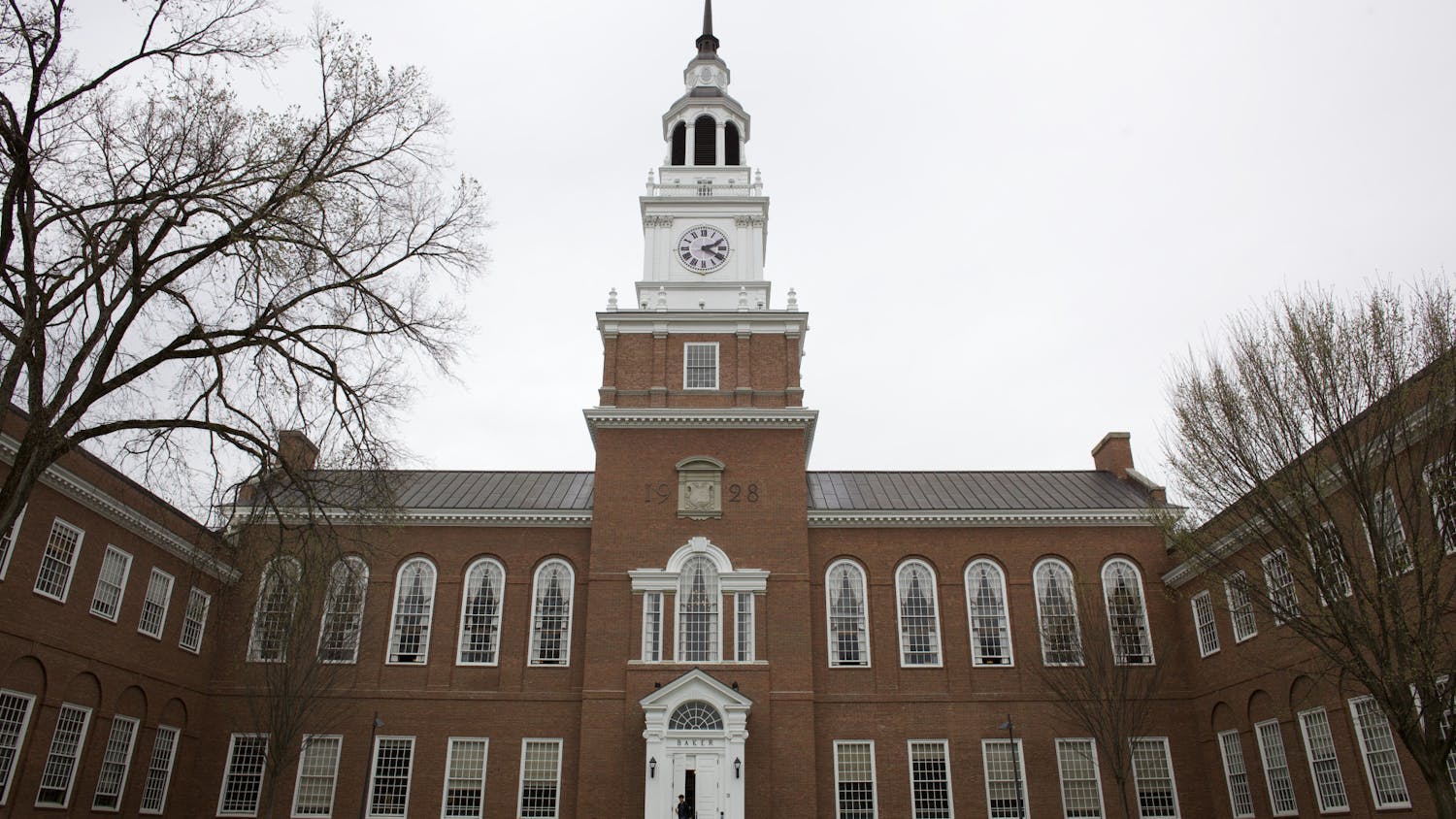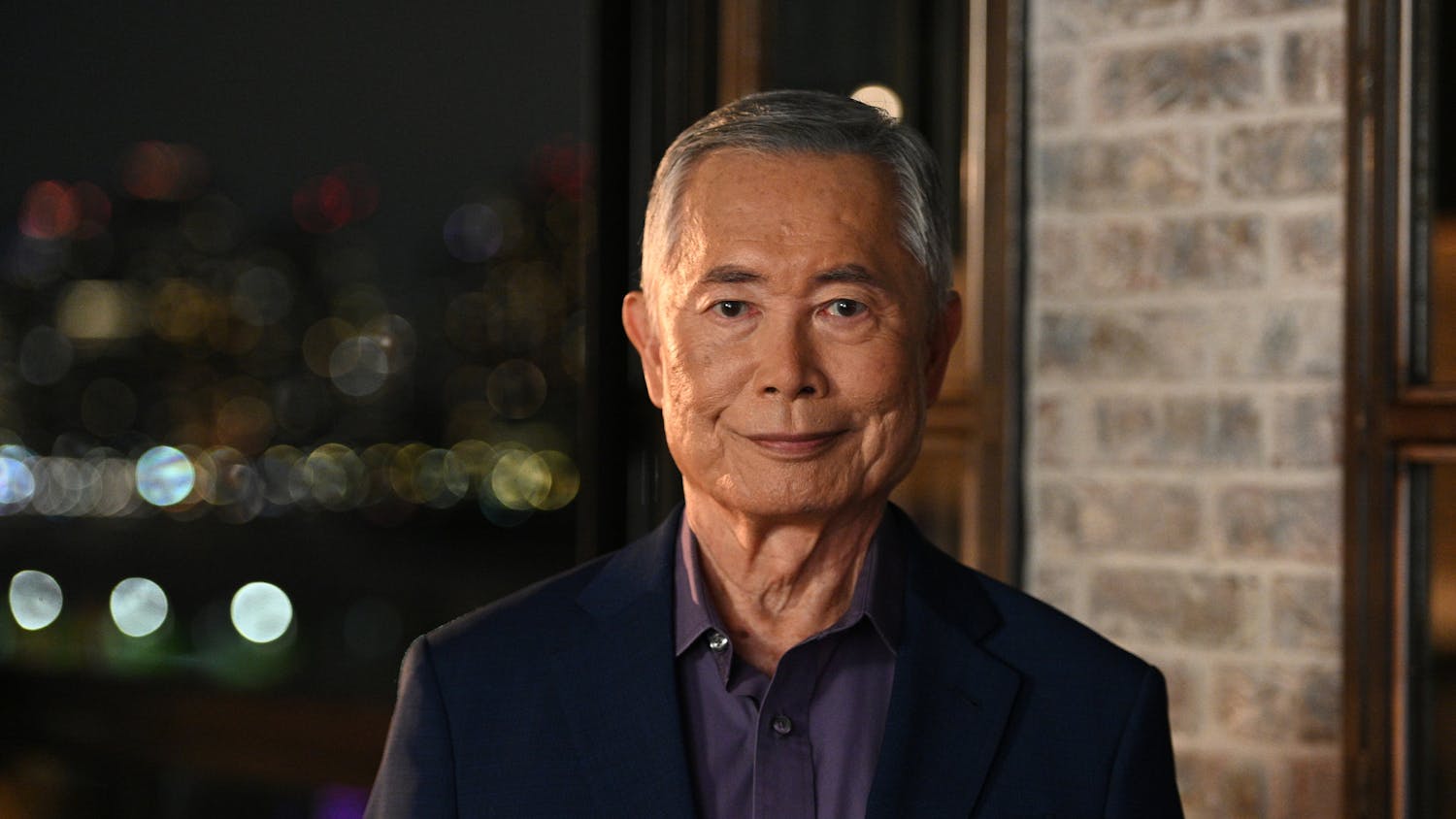A Thayer School of Engineering professor has helped start a biotechnical company Adimab that is working to drastically reduce the time it takes to produce antibodies used in therapeautic drugs. Adimab, founded by Thayer Engineering professor Tillman Gerngross and Massachusetts Institute of Technology professor Dane Wittrup has developed a new method of producing antibodies that can help the immune system target malignant cells, Gerngross said.
Generally, the immune system uses antibodies as a way to target malignant cells, Gerngross said. The antibodies mark the malignant cells by attaching antigens to the cells, which are usually proteins found on the surface of human cells, viruses or bacteria. In most cases, once a cell is marked by antibodies, the immune system seeks to destroy it, Gerngross said. For example, Adimab could produce antibodies that bind to a certain antigen found on the surface of human breast cancer cells, which the immune system might not have perceived as being malignant, although they are. This would notify the human immune system that the breast cancer cells should be destroyed, Gerngross said.
"When you put the antibody into a human, the antibody will find those cells and the human immune system will say Gee, why are there all the antibodies sticking to this cell? Normally that means it's a bad cell let's go and kill it,'" Gerngross said. "That is exactly the mechanism that is used to elicit a therapeutic effect."
Adimab produces these antibodies using a fully synthetic human immune system created from yeast cells the first of its kind according to Gerngross. Researchers add a fluorescently-labeled antigen to the collection of yeast cells, each of which manufactures human antibodies that coat its surface.
"If there's a yeast cell in there that happens to make an antibody that ... happens to bind that antigen, what happens is that the yeast cell becomes fluorescent, because it is now sequestering on the surface all of these fluorescent antigens," Gerngross said.
The lab then separates out the yeast cells that have become fluorescent, or the ones that contain the beneficial antibody, which can then be used to create therapeutic drugs, Gerngross said.
Adimab has already announced deals with Roche and Merck & Co., two of the 10 largest pharmaceutical companies in the industry, Gerngross said.
"Most big pharma companies have realized that conventional small molecule drug discovery is a very expensive, very risky, very lengthy process, and, I should add, very capital intensive," Gerngross said, using examples of drugs like Lipitor or aspirin.
In contrast to these drugs, Adimab's research is in high demand as pharmaceutical companies are looking to discover "biologic," or protein-based drugs, he said.
"There's no question that human antibodies are the fastest-growing and the most validated way of developing biologic drugs," Gerngross said. "We happen to think at this point that we probably have the best antibody discovery technology in the world."
The strength of Adimab's method, Gerngross said, lies in the amount of human antibodies it is able to generate in a relatively short period of time.
"[The pharmaceutical companies] send us the antigen and we sent them back eight weeks later 100 human antibodies that fit their target," Gerngross said. "If you do this with any other company, it will take roughly six months to a year before you get 10 to 20 antibodies in our case, in eight weeks you get 100. You have so many shots at gold, it reduces your risk of not being able to find what you want and that's worth a lot to people."
The one drawback for Adimab's potential customers, Gerngross said, is the expense of the technology,
"We're not the Wal-Mart of antibody discovery," he said.
Part of Adimab's success could lie in Gerngross' reputation in the pharmaceutical world. The previous company Gerngross founded, GlycoFi, was sold to Merck for $400 million in 2006, which was the largest acquisition of a private biotech company at the time, according to Gerngross.
In spite of the hostile economic climate, Adimab has succeeded in expanding to 43 employees and will likely announce deals with more large pharmaceutical companies within the year, Gerngross said.
"We've been doing well despite the [economic] environment," he said. "It hasn't really impacted us at all, in my mind speaking to the value of the idea and the execution."



